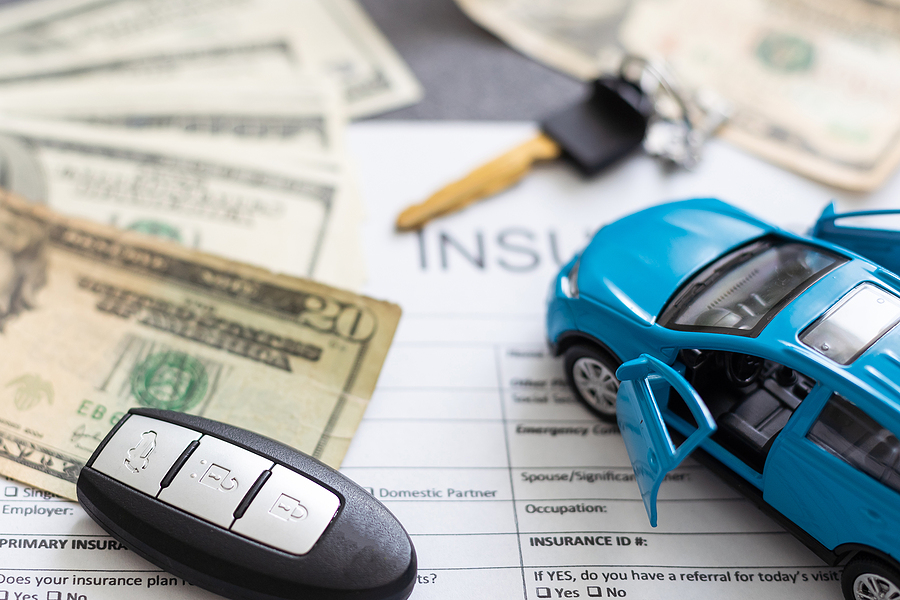Owning a car isn’t just about the freedom of the open road—it also comes with the responsibility of understanding its mechanical needs. One critical component that every car owner should be well-versed in is the transmission. Vital to your car’s performance, your vehicle’s transmission is a complex system that can indicate a variety of issues through specific symptoms. Here’s your in-depth guide to recognizing, understanding, and addressing potential transmission problems before they escalate.

The Importance of Recognizing Transmission Issues
Your car’s transmission is the conduit between the engine and wheels, allowing for the regulation of speed and power. Any interruptions in this system can lead to significant performance problems or even render the car non-driveable. Given this, being able to identify the early warnings of transmission trouble is not just a convenience but a critical aspect of vehicle safety and longevity.
Common Signs of Transmission Problems
Understanding your car’s transmission can save you from several headaches, literal and metaphorical. Recognizing the signs of transmission issues can help you diagnose and treat problems before they become catastrophic. Some of the most common indicators include:
Strange Noises: Grinding, whining, or clunking noises when you shift gears or during regular driving could signal worn-out gears, low fluid levels, or a failing torque converter.
Rough Shifting: A noticeable jolt or harshness during gear changes could indicate a problem with the transmission’s fluid pressure or clutch plates.
Delayed Engagement: When gear shifts take longer than usual or the vehicle seems to “slip” in and out of gear unpredictably, it is often a sign of internal wear or low fluid levels.
Fluid Leaks: Transmission fluid is essential for cooling and lubricating the internal components. Puddles beneath your car, especially ones of a red or brown color, mean that you may have a transmission fluid leak problem.
Each of these symptoms can worsen over time if left unaddressed, leading to increasingly severe issues with your car’s drivability.
The Impact of Ignoring Transmission Issues
By ignoring the signs of transmission problems, you not only risk the chance of being stranded on the side of the road, but you could also be setting yourself up for a costly repair bill. Transmission repairs are among the most expensive auto repairs, often costing several thousand dollars. Neglecting these problems can also lead to safety concerns on the road, such as difficulties with passing or merging, as well as a higher potential for accidents.
Costly Repairs: A complete transmission replacement can cost upwards of the car’s value, which is why early detection and resolution are crucial. Addressing issues promptly can often mean the difference between a minor repair and a full transmission overhaul.
Safety Concerns: Driving with transmission problems can be unpredictable and unsafe. A healthy transmission is necessary for maintaining vehicle control, especially in emergency situations or hazardous road conditions.
DIY Tips for Transmission Maintenance
Thankfully, there are several steps you can take to maintain your transmission in good working order and to address issues before they become a crisis.
Regular Fluid Checks: Transmission fluid is the lifeblood of your car’s transmission. Regularly checking the fluid level and quality can provide early indications of potential issues. Low fluid levels or dirty, burnt-looking fluid may indicate a leak or that a flush and refill of the transmission is necessary.
Professional Inspections: Having your transmission inspected by a professional during routine service appointments can help diagnose issues early. Professionals can also perform more in-depth diagnostic tests to uncover underlying problems that you might miss.
Conclusion
Understanding the complexities of your car’s transmission and the potential problems it may face is an essential part of car ownership. By monitoring your car for the signs outlined in this guide and taking proactive steps to address issues, you can keep your vehicle running smoothly and safely for years to come. Don’t wait until it’s too late; take the time to learn the language of your transmission and respond accordingly. Your car—and your wallet—will thank you.
Can’t afford to repair or replace your problematic transmission? Have you considered scrapping your car for its fair market value? We pay cash on the spot! Contact Benjamin’s Junk Cars at 317-218-7133 to learn how it works when it comes to selling a scrap car for cash on the spot in Indianapolis. We provide free junk car towing, so all you need to do is call!
Related Posts:
The Unaffordable Cost: Overpriced Car Repairs and What to Do About Them
Top 3 Reasons Why Your Car Will Not Start
Can I Reset the Check Engine Light in My Car?

